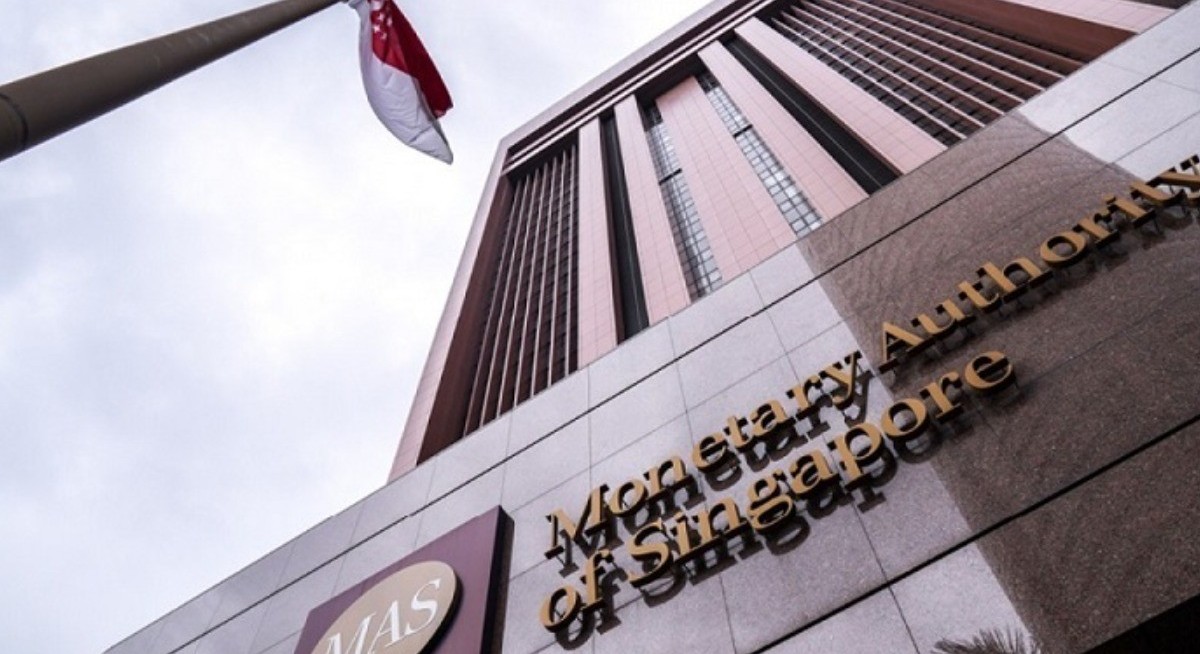(Nov 5): Singapore’s central bank is the latest addition to a global chorus flagging the risk of the technology sector’s elevated stock valuations.
“Some equity markets are seeing relatively stretched valuations, particularly in the technology and artificial intelligence (AI) segments,” the Monetary Authority of Singapore (MAS) said in its annual Financial Stability Review released on Wednesday.
“A retrenchment of optimism in AI’s ability to generate sufficient future returns may lead to sharp corrections in the broader equity market and further defaults in the private credit market.”
The warning comes as policymakers and Wall Street executives have become increasingly vocal about their concerns over the frothy valuations of tech stocks caused by undue enthusiasm about AI’s prospects. A global selloff in semiconductor shares since Tuesday has trimmed roughly US$500 billion (RM2.09 trillion) in market value following investor disappointment with the earnings outlooks issued by Palantir Technologies Inc and Advanced Micro Devices Inc.
Much of the equity surge has been fuelled by AI-linked investments, potentially leaving many investors significantly exposed to the information technology sector, the MAS said. It also flagged some major tech firms’ use of novel and potentially circular private financing arrangements to fund expansion, putting some AI firms under intensifying pressure to generate revenue to repay investors and creditors.
A Bloomberg gauge of 45 major cloud, semiconductor, and hardware firms now trades at roughly 23 times forward earnings — up from 14 times in April — even though earnings estimates have risen just 13% in that span. The mismatch shows how most of the gains have stemmed from valuation expansion rather than profit growth.
See also: Global chip sell-off erases US$500b in value as fears mount
Singapore’s central bank also noted that equities’ record rebound, coupled with rising gold prices and unusual dollar moves, points to investor unease. “The continued divergence between equity market valuations and rising downside risks to
growth raises the prospects of disorderly corrections in the event of shocks,” the MAS said.
The MAS’ wide-ranging report also highlights risks in other markets, including mounting concerns in sovereign bond markets over fiscal sustainability amid high and rising public debt levels.
“Recent prominent credit losses involving private credit funds have drawn attention to incipient signs of rising corporate credit risks, which may trigger a reversal of historically low corporate bond spreads,” it said.
See also: OpenAI brings Sora video-generating app to Android devices
To manage borrowing costs, some governments have shifted bond issuance towards shorter maturities, reducing financing costs over the short term but then incurring more frequent refinancing cycles and greater rollover risks, the MAS added.
“These dynamics also raise concerns of fiscal dominance, as there could be greater pressure from governments for monetary easing, tolerance of stealth inflation or currency depreciation,” it said.
The government will remain vigilant to evolving property market developments, as more accommodative domestic interest rate conditions could support market sentiment and buying interest, the MAS said. Singapore will ensure a “stable and sustainable private housing market,” it added.
Uploaded by Liza Shireen Koshy




